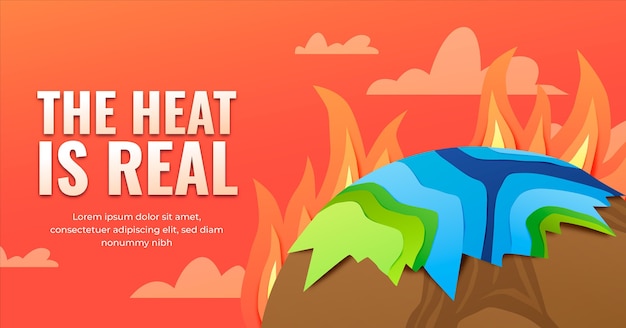Discover the Fascinating Fun Facts about Volcanoes

Did you know that the largest volcano on Earth is Mauna Loa in Hawaii?
Volcanoes can range in size from small volcanic cones to massive mountain-like structures.
The word volcano comes from the name of the Roman god of fire, Vulcan.
Did you know that an estimated 500 million people live near active volcanoes?
Volcanoes are natural vents in the Earth’s crust that allow molten rock, ash, and gases to escape.
Some volcanoes are found underwater and are known as submarine volcanoes.
The eruption of Mount Vesuvius in A.D. 79 famously destroyed the ancient Roman cities of Pompeii and Herculaneum.
Volcanic ash and gases can cause air pollution and affect the Earth’s climate.
The Ring of Fire is a major area in the basin of the Pacific Ocean where a large number of volcanic eruptions and earthquakes occur.
Volcanic eruptions can release large amounts of heat and energy into the atmosphere.
Did you know that ash clouds from volcanic eruptions can disrupt air travel?
The majority of Earth’s volcanoes are located along tectonic plate boundaries.
Volcanic soil is extremely fertile and is often used for agriculture.
Some volcanic eruptions are accompanied by lightning, known as volcanic lightning.
The tallest volcano in our solar system is Olympus Mons on Mars.
Did you know that some volcanoes can reach temperatures of over 1,000 degrees Celsius?
Volcanoes can have different eruption styles, including explosive eruptions, effusive eruptions, and phreatomagmatic eruptions.
Volcanoes are constantly monitored by scientists to predict eruptions and minimize the impact on nearby communities.
The ash released during volcanic eruptions can cause respiratory problems in humans and animals.
Volcanic eruptions can create new landforms such as islands or expand existing land areas.
The eruption of Mount Tambora in 1815 caused a global drop in temperatures, leading to the Year Without a Summer in 18
The Hawaiian islands are formed by a hot spot volcano that has been erupting for millions of years.
Some volcanic eruptions can produce pyroclastic flows, which are fast-moving currents of hot gas, ash, and rocks.
Did you know that astronauts have observed volcanic activity on other planets, such as Io, one of Jupiter’s moons?
Volcanoes have played a significant role in shaping Earth’s geology and the formation of various landforms.
The United States has over 170 active volcanoes, most of which are located in Alaska.
Volcanic eruptions can cause tsunamis if they occur underwater or near coastal areas.
Some volcanic gases, such as sulfur dioxide, can contribute to acid rain.
The study of volcanoes is called volcanology.
Volcanoes can provide insights into Earth’s interior and the processes happening beneath the surface.
The eruption of Mount St. Helens in 1980 was one of the most significant volcanic events in recent history.
The lava erupted from volcanoes can create intricate and beautiful formations, such as lava tubes and lava falls.
Volcanic eruptions can be accompanied by loud noises, referred to as volcanic thunder.
Did you know that volcanic activity on Earth is not limited to just lava eruptions? There are also volcanic gases and geothermal features.
Some volcanic eruptions can lead to the formation of volcanic craters or calderas.
Volcanic ash can be used in various industries, including construction, agriculture, and even cosmetics.
The eruption of Mount Pinatubo in 1991 released so much ash and gas that it caused a temporary cooling effect on the Earth’s climate.
Volcanoes can be breathtakingly beautiful, with their fiery eruptions and glowing lava flows.
Despite the dangers they pose, volcanoes also attract tourists and provide unique landscapes for exploration.
The study of volcanic rocks and minerals is essential for understanding Earth’s history and geological processes.
Some volcanic gases, such as carbon dioxide, can contribute to global warming and the greenhouse effect.
Volcanoes have been revered and feared by many cultures throughout history, often associated with gods or supernatural powers.
The eruption of Krakatoa in 1883 was one of the most catastrophic volcanic events, causing global weather disturbances and tsunamis.
The study of volcanic ash and its impact on the environment is crucial for assessing the risks and consequences of eruptions.
Volcanic eruptions can lead to the formation of unique ecosystems, such as volcanic islands and hydrothermal vent communities.